Last week, we wrote about the big news and major announcements coming out of Apple’s World Wide Developer Conference (WWDC). But Apple is not the only major player in the tech world hosting developer conferences these days.
In late May, Google hosted its annual Google I/O event, where it announced its major product launches and updates. There were a few surprises and a lot of big changes. Here are the highlights that developers and designers should be taking note of.
Android N is kicking things up a notch
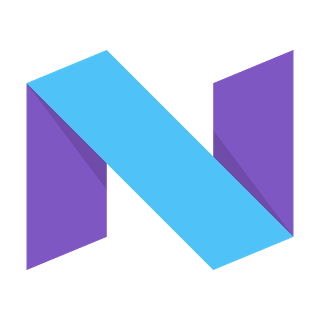
Google previewed its new Android OS (which is set to be released later this summer), and it comes with a ton of new features. Split-screen multitasking, new emojis, improved software updating and virtual reality platforms are just some of the new elements of the software that users can expect to see on their devices when they upgrade to ’N'. Google is also promising better security and faster performance.
Developers are getting some new features with Android N as well, like
Vulkan, a new API that gives developers direct control of a phone’s GPU for higher-performance 3D graphics.
Virtual reality is coming to Android
Google unveiled its plans for
Daydream, a VR platform for Android. It’s still in the dream phase for users, but when it is publicly released, it will allow users access to a suite of VR apps that they can access in a ‘viewer’ (like
Google Cardboard). You can see a walkthrough of the platform in the video below:
Developers can get their hands on Daydream now, and for good reason: while Google is building the framework for Daydream, it needs developers to build the apps, games, and VR experiences that will draw users in.
Google has already started to build VR versions of its apps (like Street View, YouTube, and Google Photos), but other companies are also getting in on Daydream. Word has it that the New York Times, HBO, and Netflix are among companies that have started developing their Daydream apps.
Google Assistant is taking on Siri
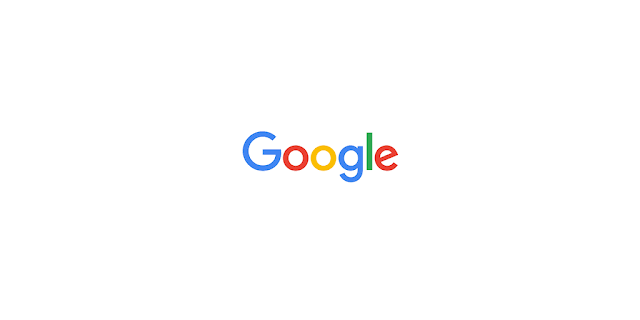
Gearing up to take on Apple’s Siri, Google officially launched ‘Google Assistant’, which is essentially a smarter, more sophisticated version of its existing ‘OK, Google’ feature. Google Assistant has sophisticated tech that gets to know its users’ preferences and habits, and help them make better, more refined searches.
Plus,
like the newest version of Siri, the Google Assistant is integrated with a ton of other apps – it can facilitate many different actions, from recommending movies, to buying you the tickets and even hailing you the Uber to get you there. This opens up a plethora of new integration opportunities for app developers.
Android Instant Apps is shaking up mobile
In an interesting twist, Google introduced a concept it’s calling ‘Android Instant Apps’, which will let you use an app without downloading the whole thing. Check out the quick explainer video from
The Verge below:
It’s a cool idea for users, and it’s positioned as an improvement for the mobile browsing experience. Let’s say you’re browsing a news web site, and you click a video link. If the site has an app that could stream that video better, Google Play will get you the parts of that app that will enhance your experience, without making you download the whole thing.
What does this mean for developers? Google says it should take ‘less than a day of work’ for developers to set up their apps for the feature. Beyond that, the links between apps and websites could also help developers monetize their apps successfully and get buy-in from users.
If you’re interested in more of the details of Instant Apps, check out
Google’s developer documentation.
Google Home arrives on the scene
[caption id="attachment_5293" align="aligncenter" width="600"]
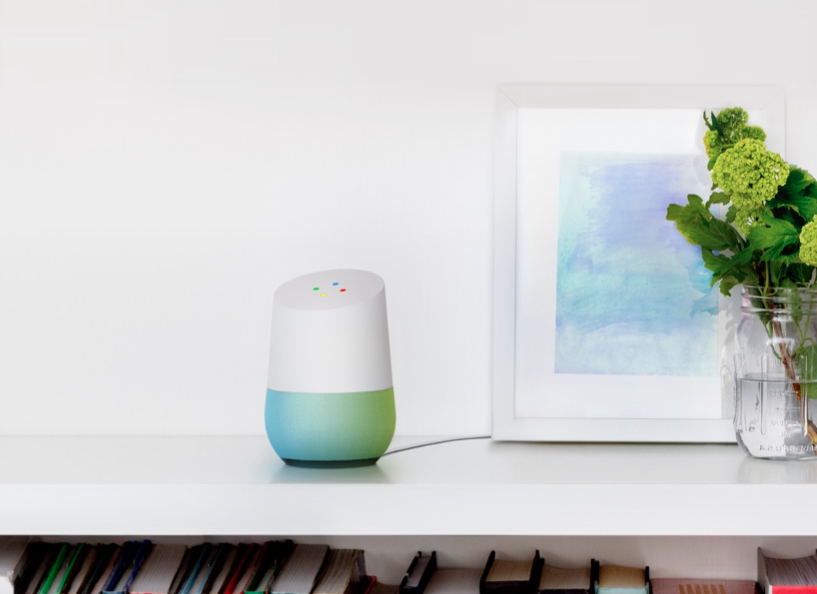
via google.com[/caption]
Google is taking on another major competitor with Google Home – but this time it’s the Amazon Echo. Google Home is a sleek little device with an integrated speaker that connects your devices and lets you wander around your house asking Google questions and getting help from the new Google Assistant. It doesn’t have a confirmed release date yet, but is expected later this year.
But there’s sad news for developers: Google hasn’t opened up the Homes API – yet. According to Google, integration with a huge range of apps and devices is inevitable, and developers will get the opportunity to work with Google Home in the near future.
Firebase 2.0 is getting a major expansion
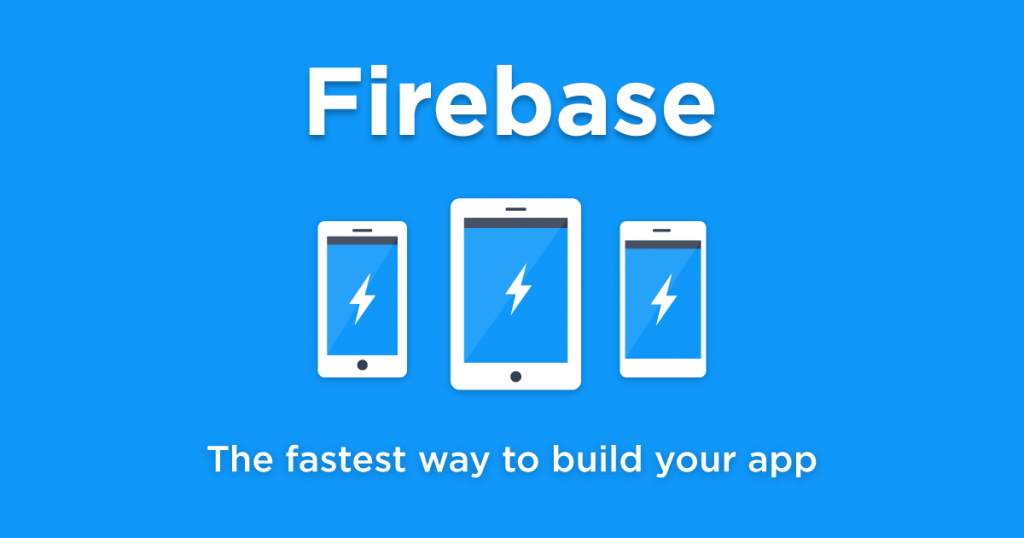
This is the big news for developers: the Firebase development platform is getting a slew of updates and new features for building and testing apps. Firebase has always had a good reputation for developers, but this is a major step up.
Here’s the highlight reel of the new-and-improved features coming to Firebase 2.0:
- A new Analytics module that will allow developers to define custom user groups, called Audiences, and follow user-centric metrics
- Firebase Cloud Messaging (FCM), an integration with Google Cloud Messaging that promises a better cloud-to-device push messaging service for developers
- Firebase Storage, which will give developers Google Cloud-powered storage for images, videos and other large files
- Firebase Remote Config, a feature that lets you instantly update and fine tune various app variables on the go, without releasing a whole new version
- An improved Firebase Test Lab for Android and Firebase Crash Reporting
- Admob, a feature that will help developers monetize their apps
- A bunch of features for growing and engaging your app’s audience, including Firebase Notifications, Firebase Dynamic Links, Firebase app indexing (formerly Google App indexing), and integration with Google’s AdWords
You can check out all of the Firebase updates
here.
Android Studio 2.2 is getting an upgrade
Android Studio 2.2 is also getting a few updates that developers will no doubt appreciate. The upgrades largely focus on speed, promising faster development turnaround, faster builds, and faster layouts, with more automation and quality checks.
Odds and Ends
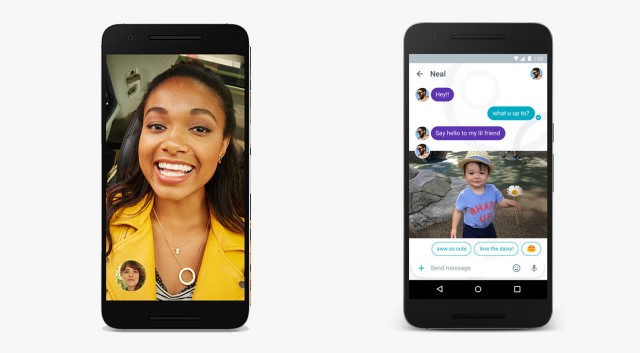
There were plenty of other announcements from Google at this year’s conference, including new messaging and video apps (called Allo and Duo, respectively), an overhaul for Android Wear (which is available exclusively for developers now) that’s focused on making wearables more autonomous, and new updates on the Google Car project.
It was a dense conference, so if you want a full run down of the announcements, we recommend checking out the full keynote
here.
Wrap Up
The 2016 Google I/O highlighted the fact that Google sees the future of technology as a more interactive one. Most of the updates and new products focused on letting consumers interact more with their technology. From the Google Assistant, to Home, to Virtual Reality, it was all about drawing users in to a more connected tech ecosystem.
Google also made it clear that the developer experience matters. Firebase and Android studio both received major upgrades that aim to improve how developers and designers work with Google. There were also announcements of early release developer editions for much of Google’s new tech.
Google knows what a key role developers play in the success of its tech, and the 2016 I/O made it clear that it’s cultivating that relationship.
